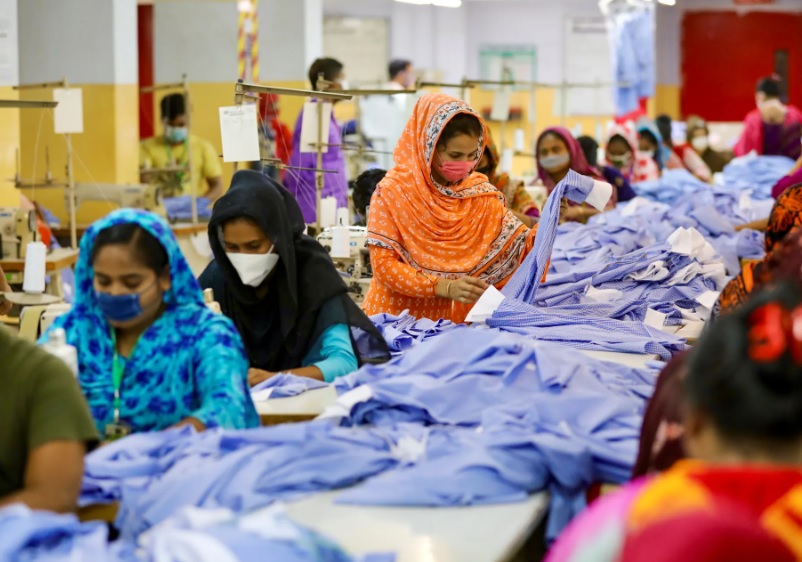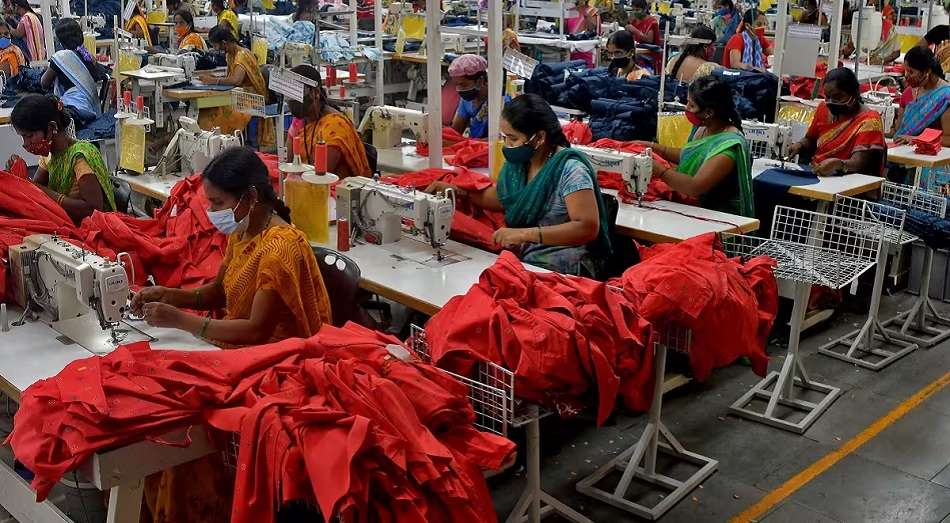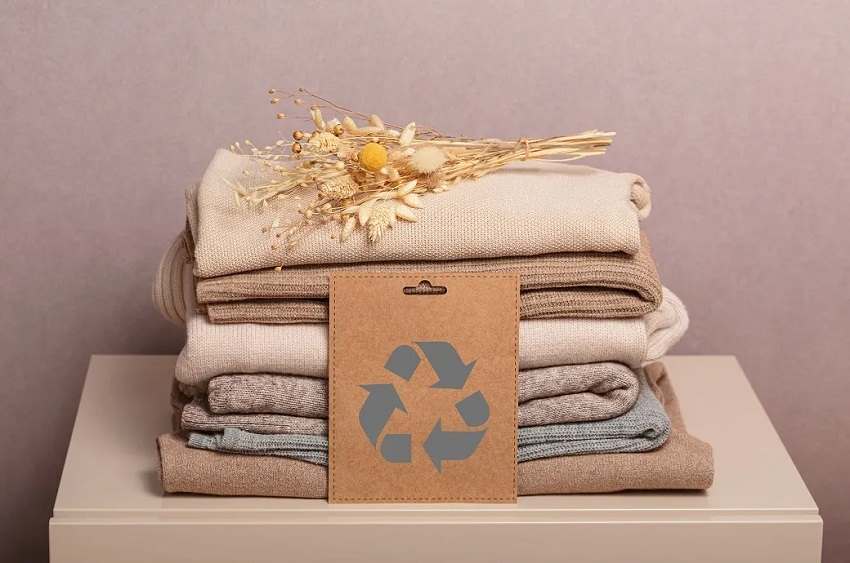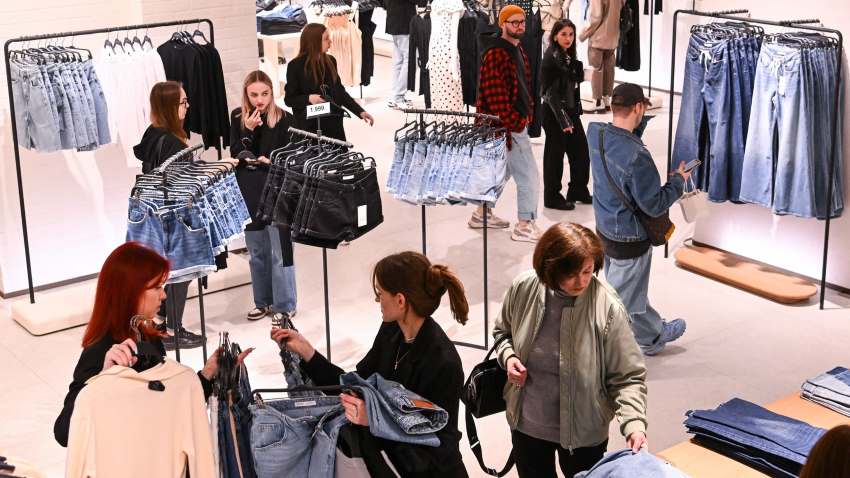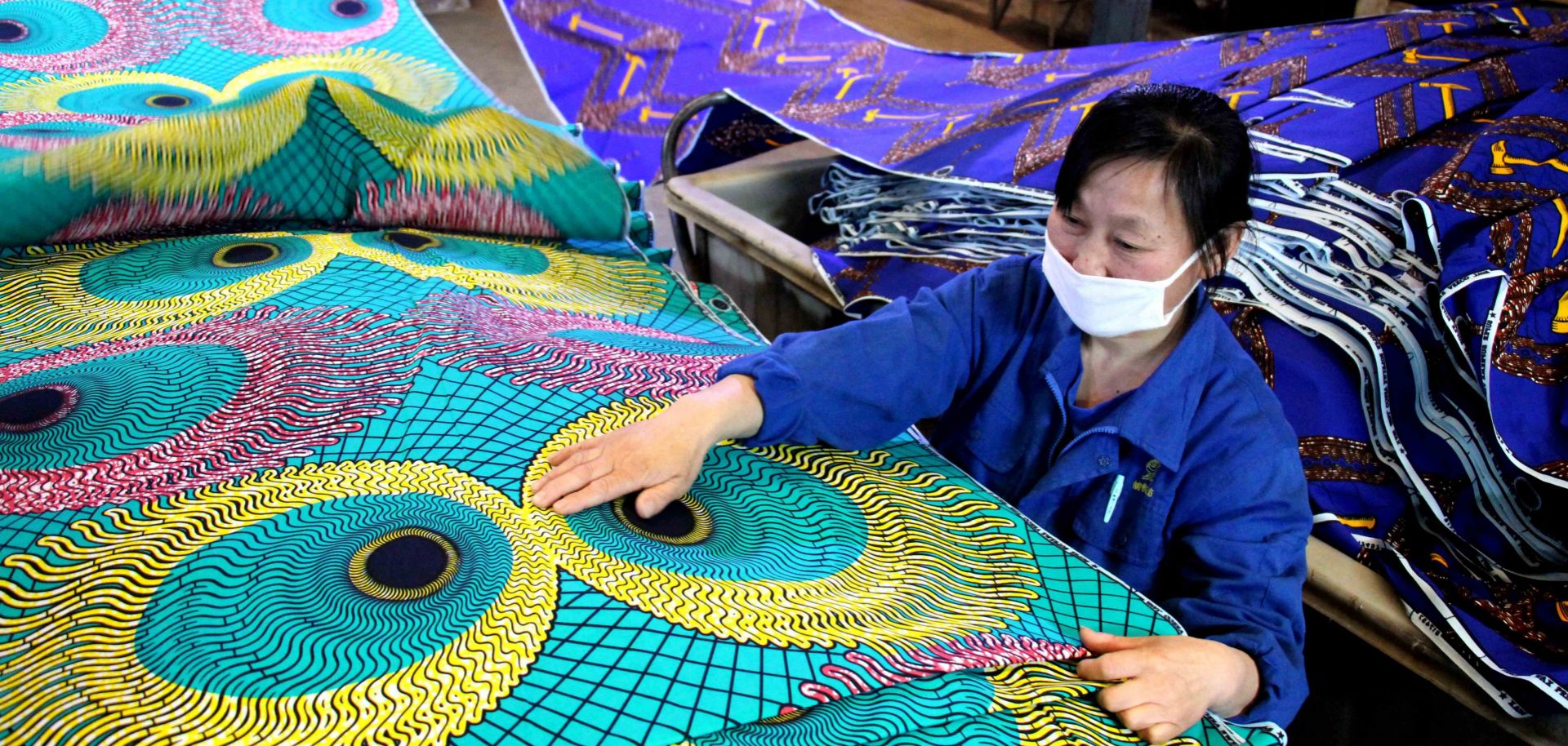As per a new study by independent assurance and risk management provider, DNV, 35.8 per cent of the surveyed 2,900 consumers in the US and in Europe said, they had not heard of circular economy. Of them, 45 per cent indicated they have extensive knowledge and actively participate. DNV says, knowledge about and engagement in circularity are higher among younger generations, with more than 53 percent saying they actively participated.
Consumers are increasing their knowledge about circularity through traditional and social media, says the survey. This is followed by “political discussion” and through friends. Despite companies building QR Codes into their labels and working with eco-storetelling, only one in five respondents mentioned that they get their information from manufacturers and suppliers directly, indicating that businesses may need to do more to get their message out and build trust.
The survey showed, products with recycled properties are a priority for 48.1 per cent of the respondents, and 62.9 per cent said they prefer to buy less or opt for secondhand products. Those above 55 years do more repairs than their younger counterparts, while the younger respondents tend to buy more secondhand and rent instead of owning.
Although style and price continue to weigh heavily on purchasing decisions, price is especially relevant for younger consumers, which DNV said could be linked to their purchasing power. Besides cost, several factors influence consumers when deciding on whether to buy circular fashion products. Information on a product’s ecological footprint is important to nearly half of the respondents, closely followed by working and labor conditions, quality of the product, and certifications, verified labels and validated sustainability claims.
Most respondents believe companies and brands should take responsibility for a product’s recyclability and end of life as well as being more innovative—and many are willing to back this up with their spending.




